If you're conscious of your looks and want nothing but the best for your skin, you most likely dread dry skin: they are itchy, right, unattractive, and uncomfortable. They also leave patches throughout the body like the leg, arm, and abdomen, and they can greatly influence the quality of your skin.
Having such a skin condition can either be due to the environment or genetics; nevertheless, this article will help you rectify the issue and reduce your beauty. Let's begin!
Reasons for Dry Skin
Fortunately, dry skin isn't caused by bacteria infection or something requiring extreme medical attention. Xerosis (dry skin) is often a product of continuous exposure to external factors that slowly rid your skin of moisture, making it appear flaky and unattractive.
Below are some factors that contribute to skin dryness:
Heat
The skin's moisture majorly consists of water, and continuous exposure to heat will cause it to evaporate off the surface. This loss of fluids causes the skin to dry up and lose its elasticity, leading to red patches, itching, and other discomforts.
Weather
Specific times of the year are associated with different skin conditions due to the temperature they produce. For example, winter tends to bring lower temperatures and humidity, leading to the skin drying quickly.
Harsh Soaps
A beauty routine cannot begin without proper skin washing; however, this stage can dry skin if you bathe with harsh soaps. The primary duty of most soaps is to dissolve dirt and oil from your skin, leaving you clean; unfortunately, some detergents overdo this task and strip the moisture off from your skin.
Genetics
Like a good look, you can also inherit dry skin from your parents as research shows that genetic mutation in genes that controls the skin's hydration can lead to multiple skin conditions, including dryness.
Hot Baths
Hot showers are fantastic and perfect for relieving stress after a long stressful day; however, raising the temperature too high or bathing for long periods can rid your skin of moisture.
Also, continuous swimming in a heavily chlorinated pool will strip your skin of its oil and moisture, leaving you dry and irritated.
How to Exfoliate Dry Skin
Exfoliation is the process of removing dead skin cells from the body's outer layers to reveal the fresher surface underneath. This method is ideal for removing skin flakes that make the body appear dull and unattractive. It also improves blood circulation, which is essential for improving the radiance of your skin.
It's worth noting that there are two types of exfoliation, which are physical and chemical exfoliation. Physical exfoliation includes exfoliants like facial scrubs and brushes, and chemical exfoliants include skin peels and acids like Alpha-hydroxy acids (AHAs) & Beta-hydroxy acids (BHAs).
Choosing the best exfoliant for your skin may be tricky if you have no prior knowledge of the products. Nevertheless, avoid physical exfoliants like exfoliation scrubs, sponges, and brushes to contribute to the dryness and produce microtears.
Instead, opt for chemical exfoliants with Alpha-hydroxy acids (AHAs) since they are designed to accommodate dry and send rice skins. Also, Glycolic acid is reasonable as they are famous for removing dead cells from the surface and promoting skin turnover.
*Note: Always apply a moisturizer after exfoliating to hydrate the skin continually.
When to Stop Exfoliating
While exfoliation is an important process for getting visually appealing skin, there are times when halting the method is essential. For example, irritation, redness, peeling, or inflammation are sufficient reasons to stop exfoliating and research the problem online or take your skin to a dermatologist. It may indicate a bigger problem.
Top Remedies to Treat Dry Skin
Several factors contribute, like the environment and detergents, which can trigger skin dryness; fortunately, you can take steps to reduce the symptoms and restore moisture to the surface.
These include:
1. Coconut Oil
Coconut oil comes with emollient properties, which enable it to fill the space between cells and create a smooth surface. Therefore, applying coconut oil can hydrate the skin and eliminate or reduce the roughness.
Consider using coconut oil daily on the most sensitive parts of your body, such as around the eyes and mouth. Additionally, coconut oil comes ready to use, meaning you don't need to prepare a special concussion; apply the oil after bathing and enjoy the benefits.
2. Petroleum Jelly
Petroleum jelly, also known as mineral oil, is excellent at moisturizing and healing dry skins as it creates an additional protective layer on the skin. This new cover locks the skin's moisture and prevents it from evaporating due to the elements, leading to a reduction in irritation and dryness.
3. Wear Gloves
Besides the face, the hands are in direct contact with environmental factors like heat, cold, harsh detergents, and more. These factors can strip that area of moisture, leaving it dry and flaky.
For this reason, consider getting gloves when performing tasks that may remove moisture from the hands. This suggestion also applies when you proceed to enter the bitter winter cold or work in places with extreme temperatures.
4. Use a Humidifier
If the drastic change in humidity bothers your skin, consider investing in a humidifier as they minimize the dryness caused by the weather or hearing system. Setting the humidifier to 60 percent is sufficient to negate the moisture loss from gas and electric heat and leave your skin in a healthy position.
5. Avoid Irritants
Suppose you had regular skin for a while until it recently experienced dryness, such as a scenario that may be due to Irritants. Irritants come in different forms, and they could include your clothes, chlorinated water, fireplace, or new skin product. Identify what comes in contact with your skin and avoid ones that produce adverse reactions.
Conclusion
Applying the tips in this article is guaranteed to relieve the dryness and restore your skin to its original condition. However, if the condition remains after a week of treatment, consider visiting a dermatologist for medical analysis because dry skin can indicate an underlying medical condition that needs immediate rectification.
Cleanlogic Bath and Body Exfoliating Stretch Cloth - Sensitive Skin – Cleanlogic Body Care



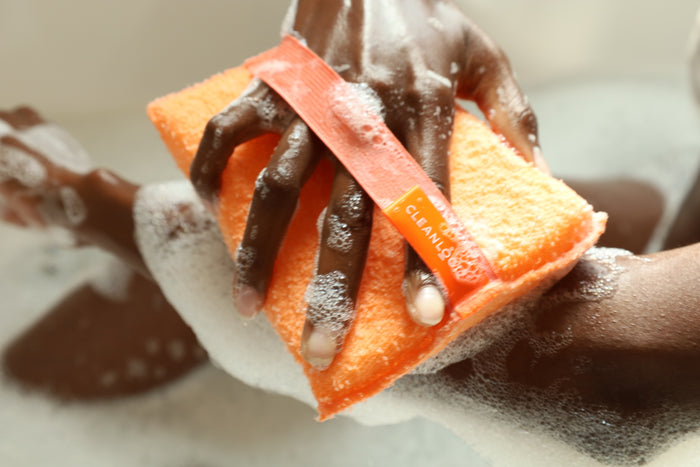

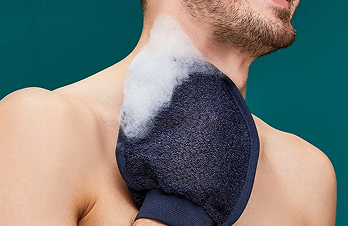


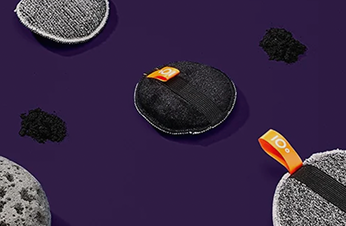
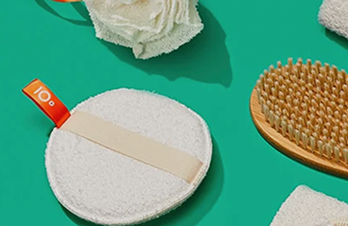

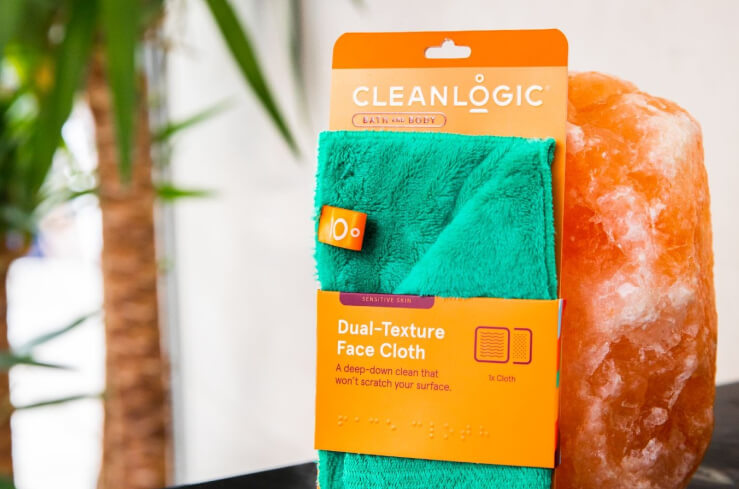
0 comments